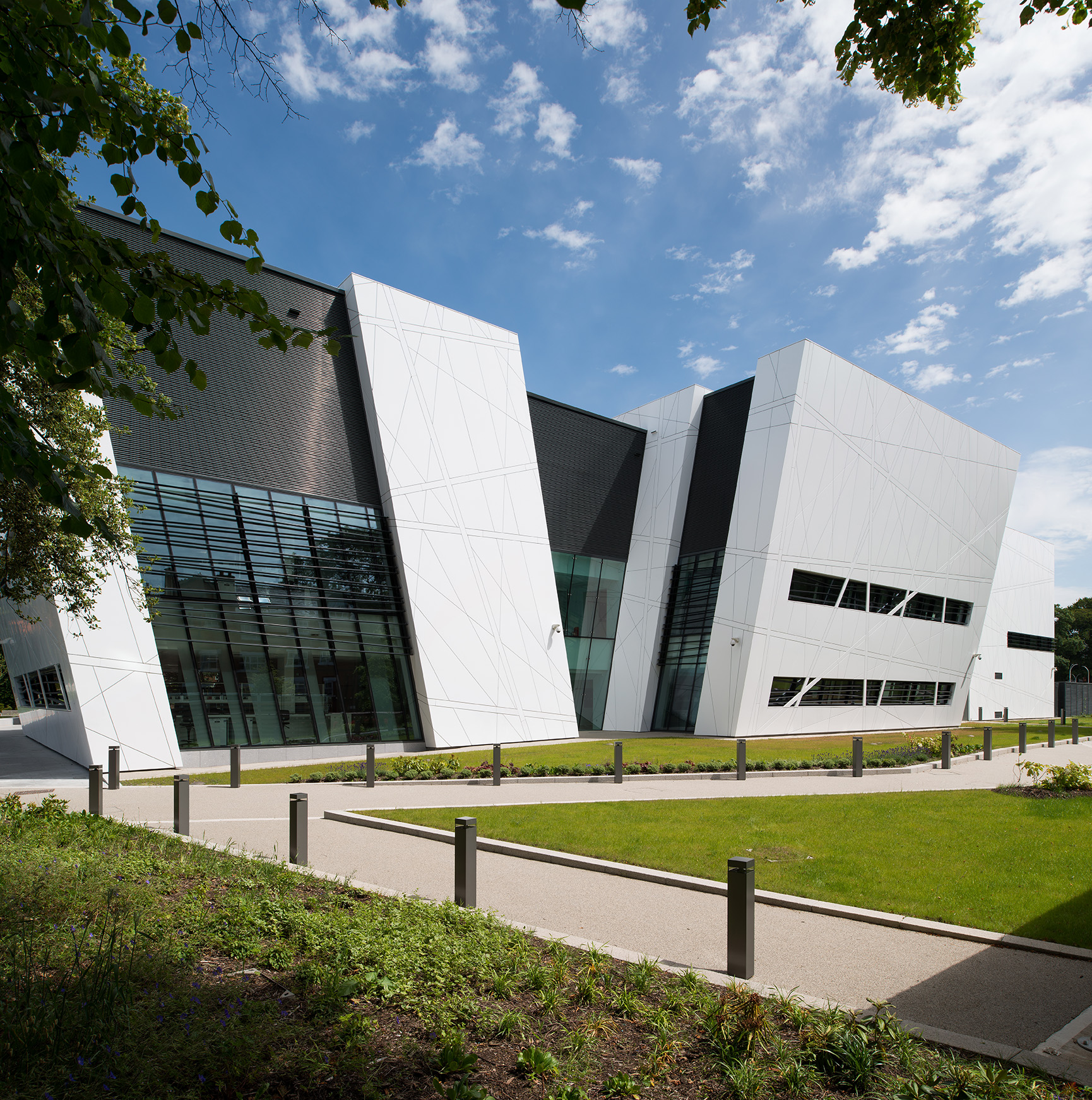Closing date: 15/11/2024
Clinical Research Training Fellowship Project: Defining 3D characteristics of high-risk pancreatic precancer lesions for interception
Lead Supervisors: Prof. Claus Jorgensen
Co-Supervisors: Prof. David Wedge, Dr Emma Woodward, Dr Lucy Foster
Applications Deadline: Friday 15th November 2024
Interviews: Friday 17th January 2025
Clinical Research Training Fellowship start date: September 2025
Project Keywords: Early cancer evolution, Pancreatic Cancer, Tumour Microenvironment
Research Opportunity: Clinical Research Training Fellowship leading to the award of PhD
Project Outline
Pancreatic ductal adenocarcinoma (PDAC) is a highly lethal disease with poor overall survival. Most patients are still identified too late to benefit from surgery and are only given chemotherapy. This is mainly because early disease is mostly asymptomatic and escapes detection. Therefore, improved early detection and intervention requires detailed understanding of the pre-cancerous stages, how progress is controlled and associated mechanisms.
To address this, we will interrogate early stages of pancreatic cancer using a combination of genomics, transcriptomics and imaging to reveal markers associated with malignant progression. What’s unique about this project is that we will do this analysis in 3D rather than in 2D to reveal structural and cellular changes of early cancer stages which then will guide rational molecular interrogation.
This project is highly interdisciplinary with experts in PDAC biology and the microenvironment, cancer genomics and computational analysis, clinical geneticists and pathologists.
Applications for this project are now open. Please complete your application on The University of Manchester website.
About Prof. Claus Jorgensen (project Lead Supervisor)
Claus Jorgensen is a senior group leader at the CRUK Manchester Institute with an established track record in functional annotation of the tumour microenvironment in pancreatic cancer. The lab focus on determining how the microenvironment regulate pancreatic cancer progression and in turn how this presents targetable vulnerabilities. The lab has significant expertise in spatial, sequencing and proteomics analysis, as well as in development of new model systems (Hutton et al Cancer Cell 2021, Tape et al Cell 2016, Below et al Nat Material 2022).

Key information
Before submitting an application, please ensure you have read the information below about the funding arrangements and eligibility for the Leeds-Manchester Clinical Research Training Fellowships.
We also encourage you to get in contact with the lead supervisor to discuss the project and any particulars.
Further information is available on the Clinical Research Training Fellowships webpage.
The clinical fellowships are usually tenable for three years, although in certain circumstances they may be four years duration.
The Fellowship covers:
- running expenses,
- an appropriate salary in line with the applicant’s current salary and grade
- full coverage of University PhD fees at the UK/home fee rate.
International Candidates
The University of Manchester aims to support the most outstanding applicants from outside the UK.
We are able to offer a limited number of bursaries to high-performing EU and international candidates, covering PhD fees only. Bursaries do not include financial support for visa/health surcharges.
We assess each EU and international candidate’s suitability for a bursary at the application and interview stages.
You must be a post-registration clinician, and ideally have a specialist post in a related subject, to apply for our Clinical Research Training Fellowships.
You should also hold, or be about to obtain, a minimum upper second class (or equivalent) undergraduate degree in a relevant subject. A related master’s degree would be an advantage.
It is generally expected that CRTFs will return to a training programme in the UK upon completion of their research degree.
International applicants (including EU nationals) must ensure they meet the academic eligibility criteria (including English Language) before contacting potential supervisors to express an interest in their project. Eligibility information can be found on the University’s Country Specific information page.
Key dates
- Applications open: 11th October 2024
- Application deadline: 15th November 2024
- Interviews: 17th January 2025
- Start date: September 2025
Useful Links
Submit your application
Interested in applying for this opportunity? Go to The University of Manchester website to submit your application.
Clinical Research Training Fellowships
Discover our various opportunities for clinicians looking to undertake a period of PhD training in a cancer-relevant field.
Get in Touch
Contact Dr Georgina Binnie-Wright, Postgraduate Programme Manager.
Researcher Stories
Read first-hand experiences of from cancer scientists from across Manchester.
Why Manchester?
Find out why postgraduate students choose to study in Manchester.
A Day in the Life of a Clinical PhD Student
Watch our short video to see what it's like to be a Clinical Research Training Fellow in Manchester.





